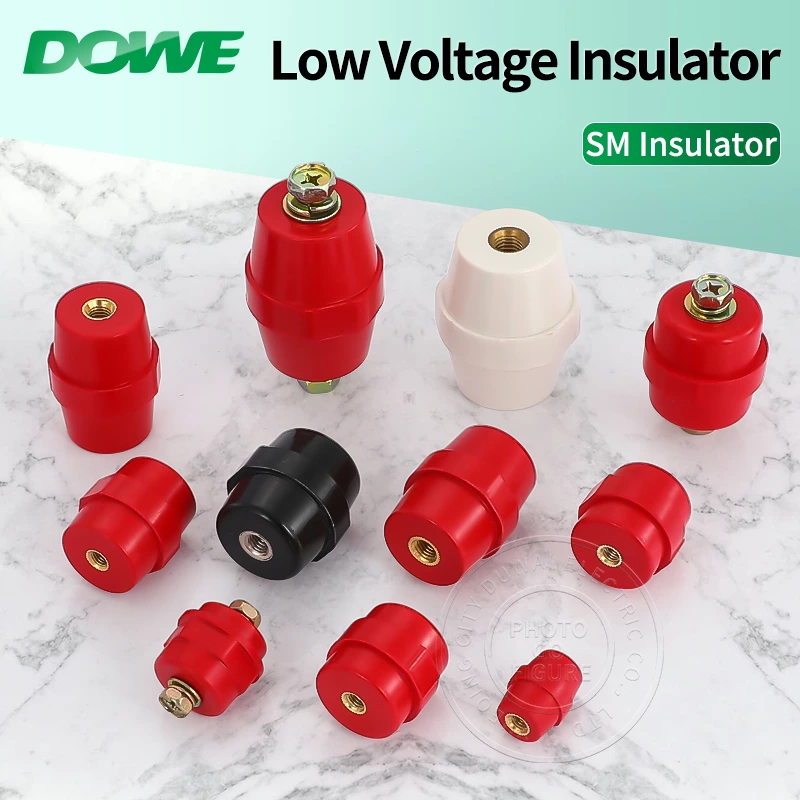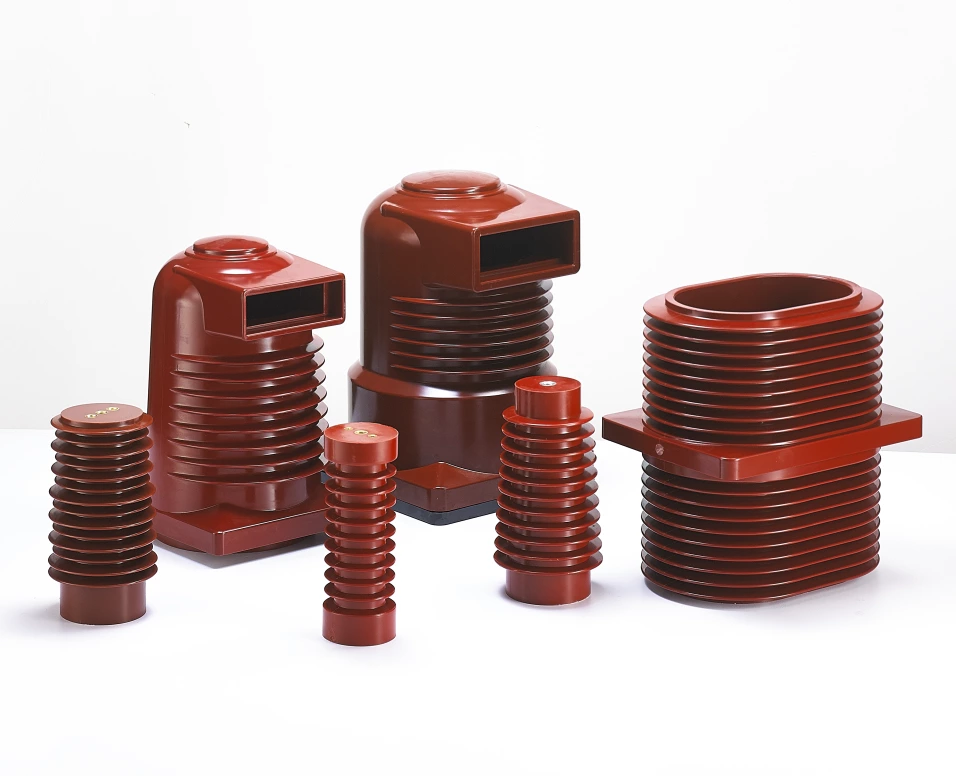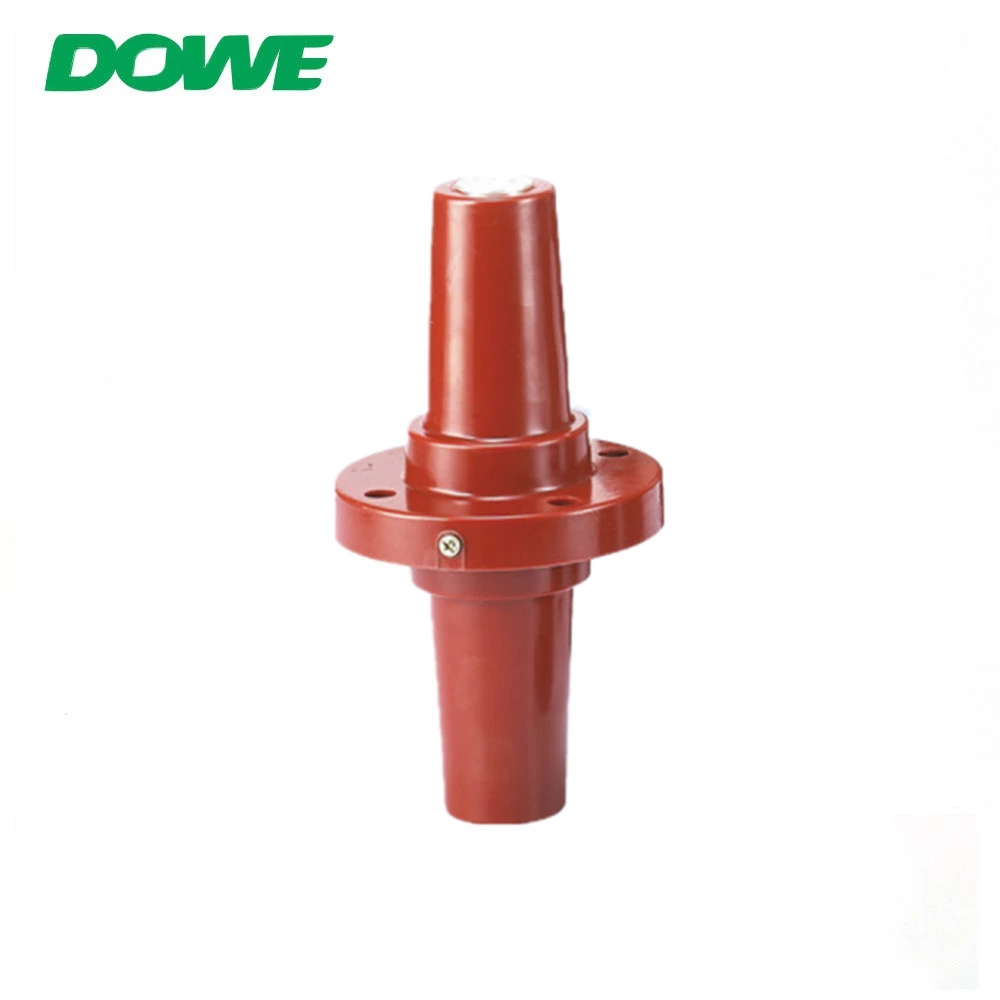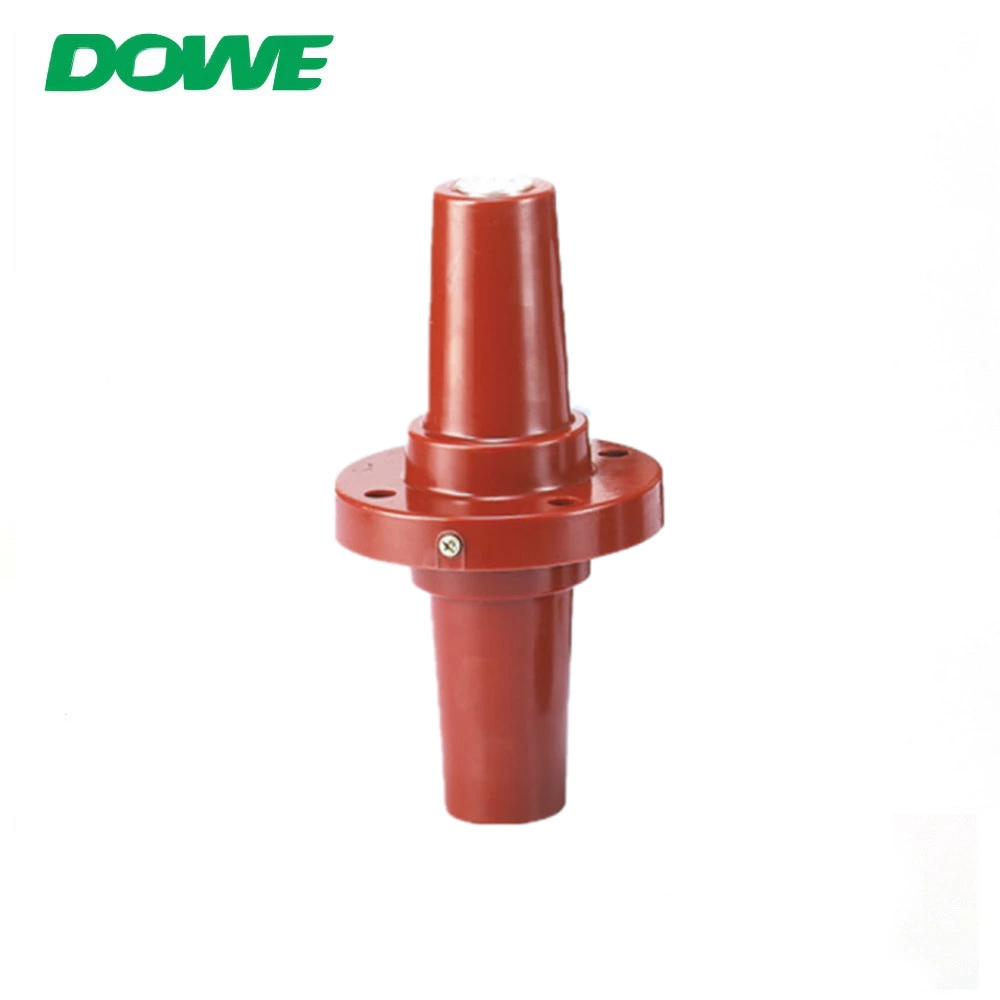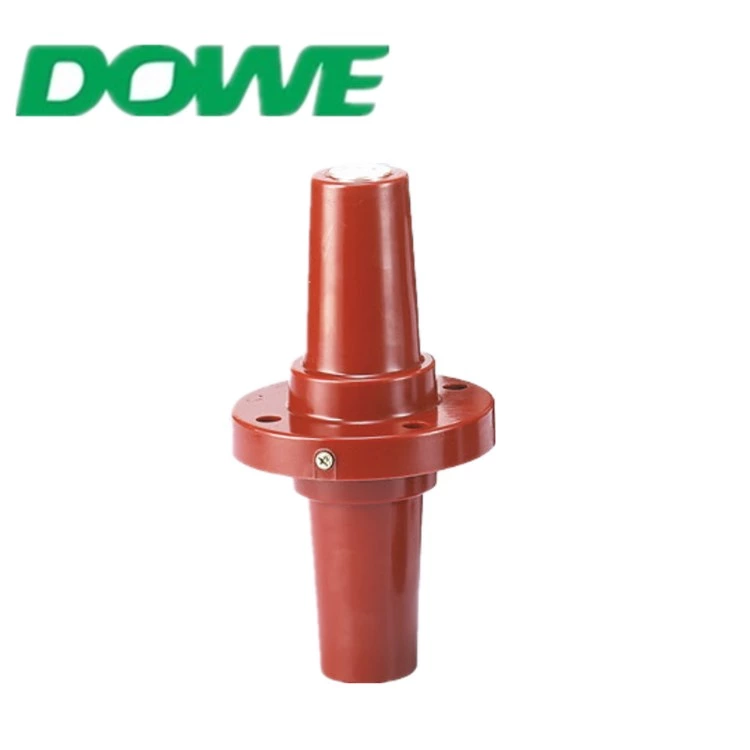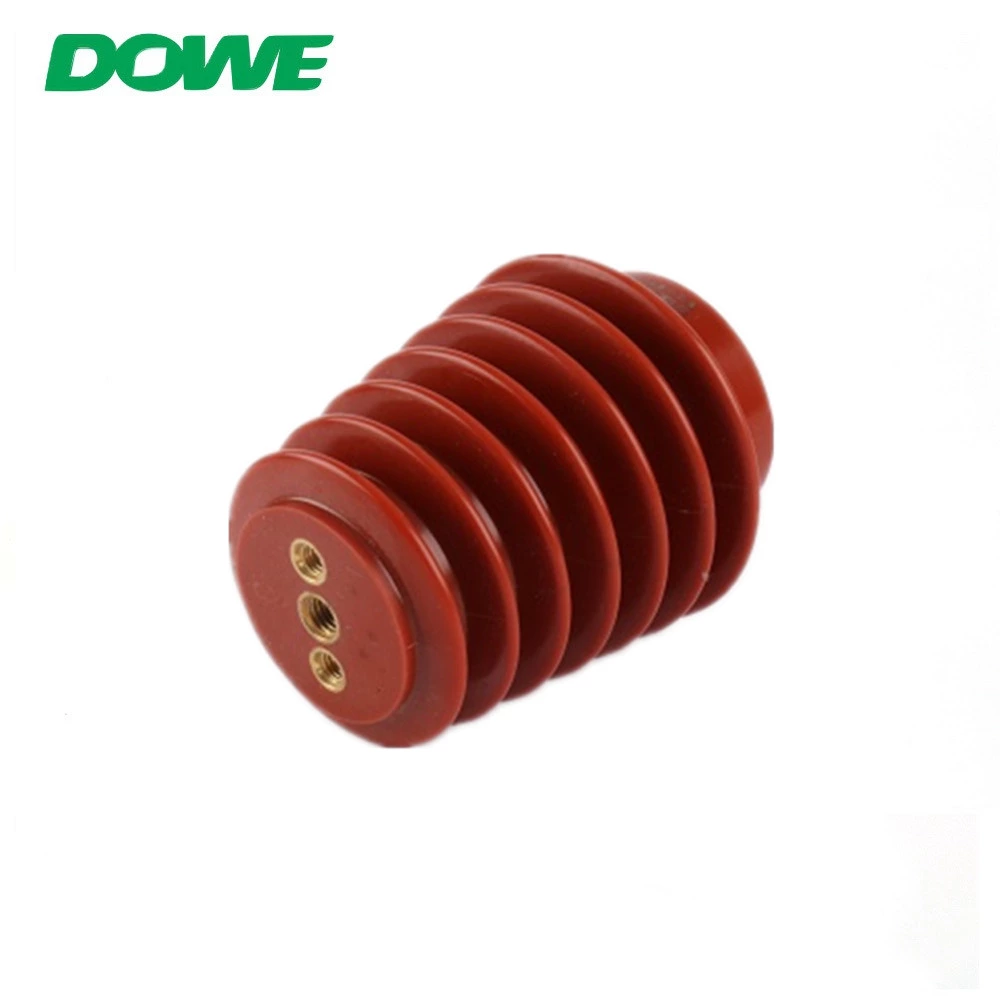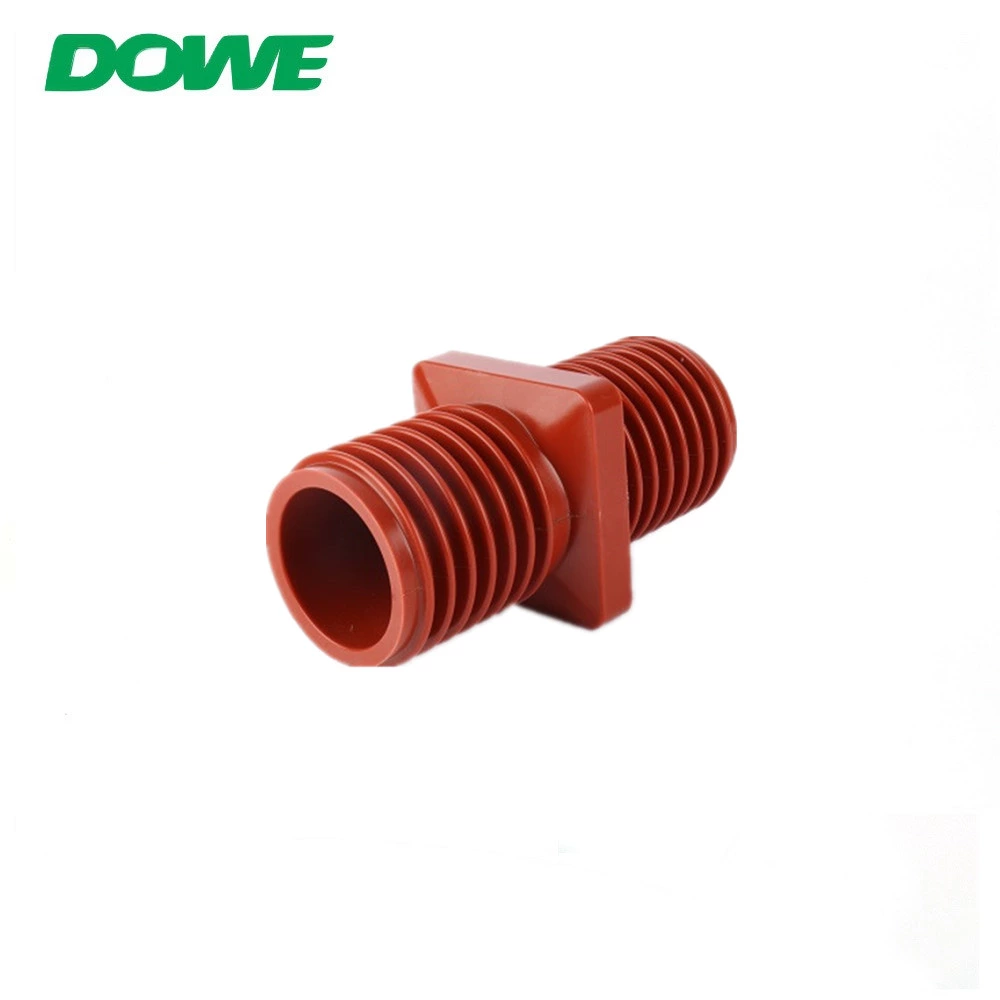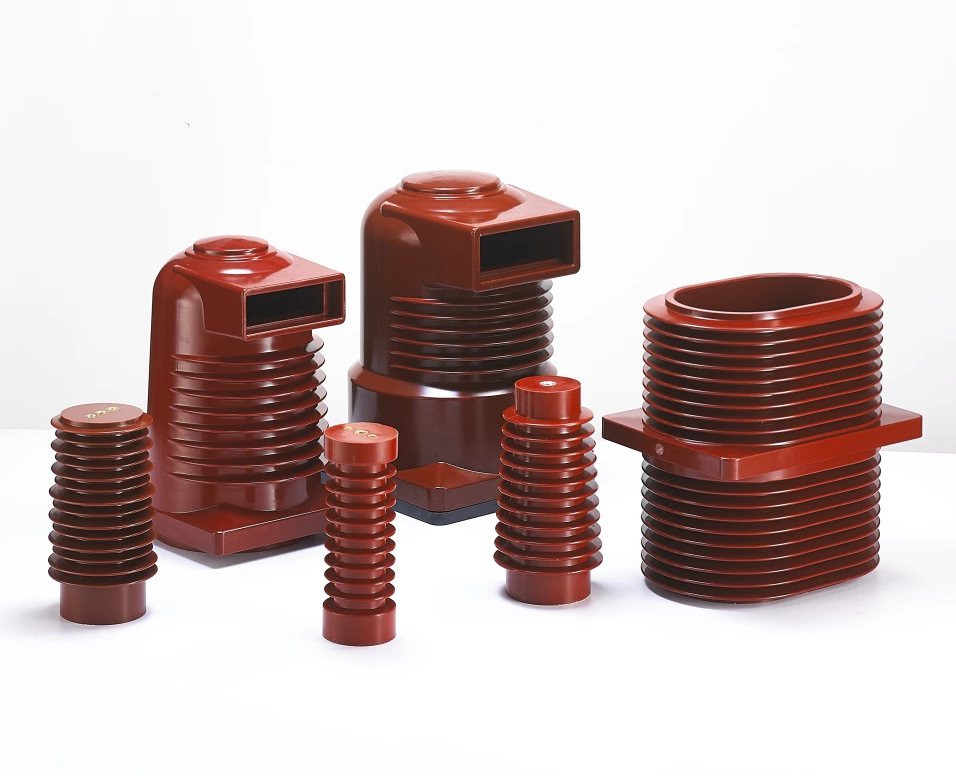What Are the Best Materials for High-Performance Busbar Support Insulators?
Busbar support insulators must handle high voltage, resist mechanical stress, and last for years. Choosing the right material is critical for performance and reliability.
The best materials for high-performance busbar support insulators include epoxy resin, fiberglass-reinforced plastics (FRP), and porcelain. Each offers excellent electrical insulation, mechanical strength, and resistance to environmental factors.
Not all materials are equal. Some insulators crack under stress, while others degrade over time. Let's explore the best options to ensure reliability in high-voltage applications.
Table of Contents
- Why Is Material Selection Important for Busbar Support Insulators?
- Is Epoxy Resin the Best Choice for Busbar Support Insulators?
- How Does Fiberglass-Reinforced Plastic (FRP) Compare?
- Is Porcelain Still a Reliable Option?
- Conclusion
Why Is Material Selection Important for Busbar Support Insulators?
Material choice affects the insulator's lifespan, electrical performance, and ability to withstand mechanical stress.
High-quality materials prevent electrical failures, improve system stability, and reduce maintenance costs. Poor materials can lead to breakdowns, overheating, or even electrical fires.
Key Factors in Material Selection
- Dielectric Strength (What is dielectric strength?1) – Determines the material’s ability to resist electrical breakdown.
- Mechanical Strength – Supports the busbar under mechanical loads.
- Thermal Stability – Ensures performance in extreme temperatures.
- Environmental Resistance – Prevents degradation from moisture, chemicals, and UV exposure.
Now, let's compare the top materials.
Is Epoxy Resin the Best Choice for Busbar Support Insulators?
Epoxy resin is widely used in modern electrical insulation due to its strength and versatility.
Epoxy resin provides high dielectric strength, mechanical toughness, and excellent resistance to moisture and chemicals. It is an ideal choice for medium and high-voltage applications.
Advantages of Epoxy Resin
| Feature | Benefit |
|---|---|
| High Dielectric Strength | Prevents electrical breakdown |
| Strong Mechanical Properties | Supports busbars under load |
| Chemical Resistance | Withstands moisture and contaminants |
| Customizable Shapes | Can be molded into complex designs |
Limitations of Epoxy Resin
- Susceptible to UV degradation (How does UV exposure affect epoxy resin?2) over time.
- Brittle under extreme mechanical shock.
How Does Fiberglass-Reinforced Plastic (FRP) Compare?
FRP is another strong contender, especially for high-stress environments.
FRP offers excellent mechanical strength, thermal resistance, and long-term durability, making it a great alternative to traditional porcelain and epoxy insulators.
Why Choose FRP?
- Lightweight but Strong – Easier to install without compromising performance.
- Superior Impact Resistance – Can handle mechanical stress better than brittle materials.
- High Temperature Stability – Withstands extreme heat without deformation.
However, FRP can absorb moisture over time (Moisture absorption properties of FRP3), which may slightly impact its insulation properties.
Is Porcelain Still a Reliable Option?
Porcelain has been used in electrical insulation for decades.
Porcelain insulators provide excellent resistance to weathering and electrical leakage, making them a reliable choice for outdoor applications.
Strengths of Porcelain
- High Resistance to Environmental Factors – Ideal for extreme weather conditions.
- Long Lifespan – Can last decades with proper maintenance.
- Good Electrical Insulation – Prevents leakage currents.
Drawbacks of Porcelain
- Heavy and Fragile – Difficult to install and prone to breakage.
- Higher Maintenance (Best maintenance practices for porcelain insulators4) – Requires regular cleaning to maintain performance.
Conclusion
Epoxy resin, FRP, and porcelain each have advantages in busbar support insulators. The best choice depends on the application, environmental conditions, and mechanical requirements.
Footnotes
-
Dielectric strength is a key factor in material selection for insulators. Understanding it helps engineers choose materials that prevent electrical breakdown. ↩
-
Epoxy resin is a popular choice, but it can degrade under UV exposure. Knowing its limitations helps in selecting the right protective measures. ↩
-
FRP is strong and durable, but moisture absorption can impact its insulation properties. This is important for applications in humid environments. ↩
-
Porcelain insulators require regular maintenance to ensure longevity. Learning about maintenance can help users extend their service life. ↩

